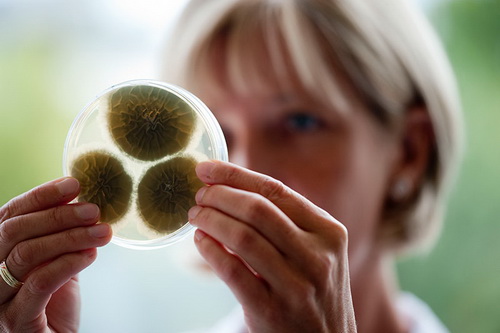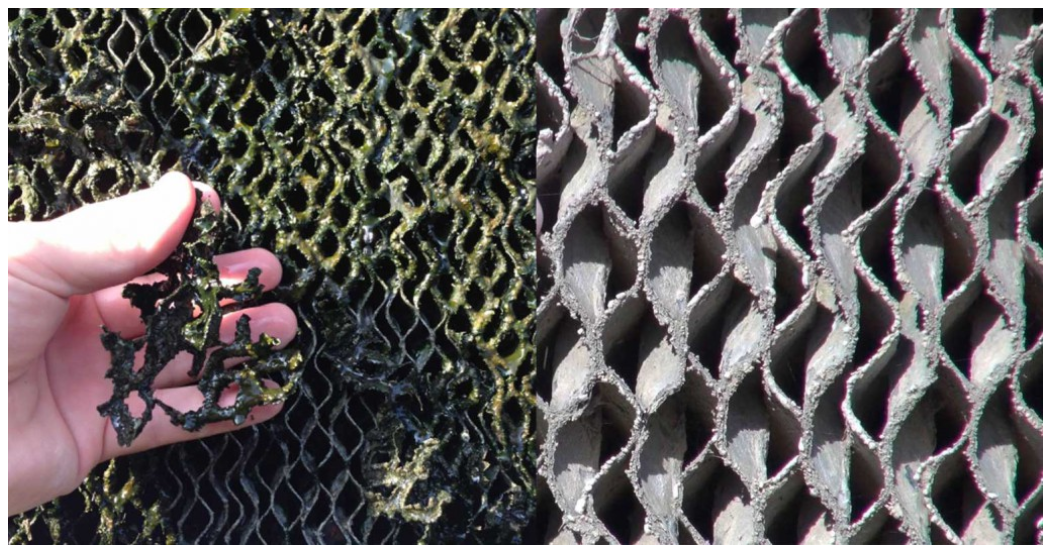



NUQO partners with Austrian university to develop algae-based livestock feed
Feed additive company NUQO has partnered with the University of Applied Sciences Upper Austria to research the potential of metabolites from plants and seaweeds for the animal health and feed industry.NUQO and the Center of Excellence (CoE) Food Technology and Nutrition from the University of Applied Sciences Upper Austria have announced a formal collaboration to advance research in the biochemistry of phytogenics and phycogenics (metabolites from plants and seaweeds) to develop potential technologies for animal nutrition and health.
“The CoE Food Technology and Nutrition in Wels is a leader in the field of plant biochemistry, and we look forward to partnering with their team to focus on discovering and advancing new metabolites from plants and seaweeds and processes to potentially address complex challenges of the feed industry” said NUQO CEO Ewenn Helary.
Under the partnership, NUQO will work with scientists at Wels to evaluate new molecules that have promise to advance toward feed application. Specific projects may be spun out and advanced in NUQO’s pipeline, with an opportunity for scientists from Wels to support company leaders and guide ongoing development.
“NUQO’s unique approach and support for having researchers stay involved in development made it an easy decision to partner with them in translating our discoveries into potential solutions,” said Julian Weghuber, Head of the CoE Food Technology and Nutrition from the University of Applied Sciences. “We look forward to the collaboration and empowering our multidisciplinary scientists to advance their research.”
The partnership will have researchers from both teams will develop analytical methods to identify and characterize metabolites from plants or algae.

“The R&D facility in Wels has several in-vitro and in-vivo models in house that will help better understand the modes of action of selected phytogenics and phycogenics, especially their effects on cytotoxicity, bioavailability, antioxidant activity and immune-modulation” said NUQO Technical director Stephanie Ladirat.
Besides, the project will evaluate disruptive manufacturing processes based on micro-encapsulation or biotransformation for optimal application in feed.



